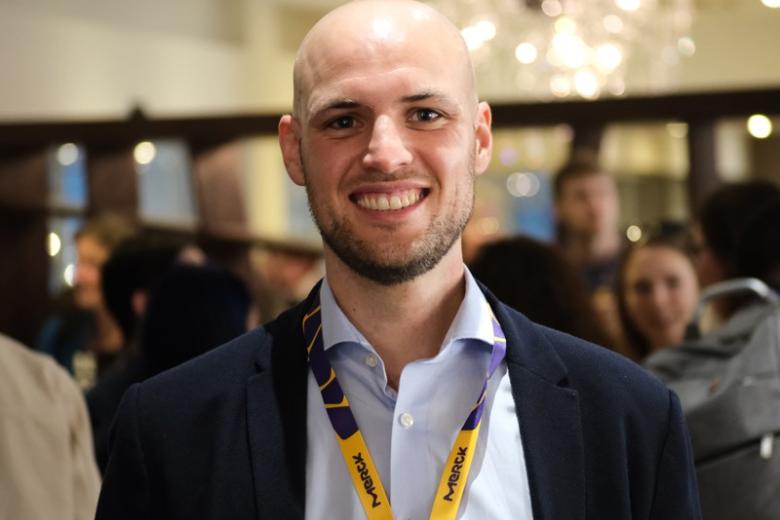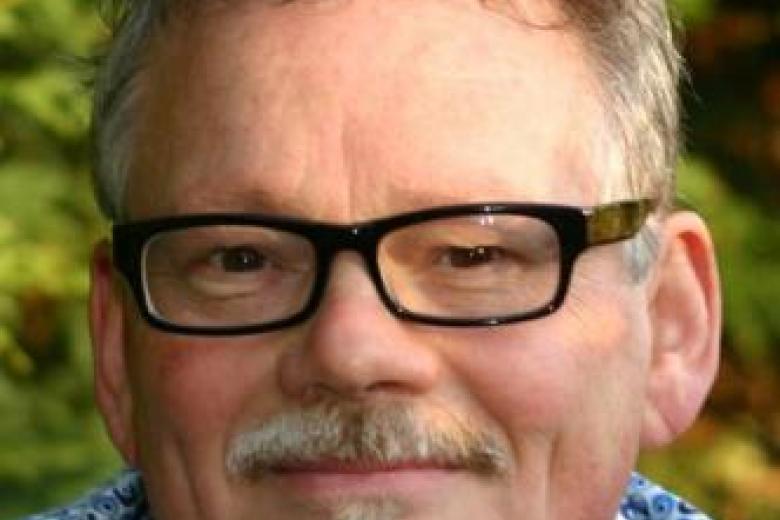More than six million euros for continued research on stroke treatment
The Netherlands Heart Foundation (Hartstichting) announced today its plan to invest six million euros in an innovative treatment method for patients with acute stroke. One of the initiators is Maastricht UMC+ which, along Erasmus MC and AMC, facilitated the development of a new treatment method that uses a catheter to remove blood clots in the brain. This could help more patients survive a stroke in the future. The Netherlands Brain Foundation (Hersenstichting) also announced today its plan to invest 300,000 euros in the follow-up study, in which several Dutch hospitals will participate.
Each year, more than 20,000 patients in the Netherlands are admitted to the hospital with a stroke (caused by restricted blood flow in the brain). Stroke, the collective name for cerebral infarction and cerebral haemorrhage, is one of the deadliest cardiovascular diseases. Survivors often suffer from residual symptoms such as paralysis or difficulty speaking. It's important that stroke victims are treated as quickly as possible. Until recently, standard practice was to give stroke patients an injection that would dissolve any blood clots in the brain. But this medication took quite a long time to work and was only proven effective for one in ten patients. Researchers are currently searching for new and better ways to quickly and safely open affected blood vessels.
Influential study
With the new method, a thin catheter is inserted into a vein in the groin and guided towards the affected artery in the brain. The catheter then sucks up the clot, as it were. A 2015 study called MR CLEAN demonstrated that this treatment method was successfully applied in a number of select patients, who recovered faster after this treatment and had less brain damage compared to other methods. According to the renowned New England Journal of Medicine, this was one of the most influential studies of the year.
Collaboration
The follow-up study is called 'CONTRAST' (COnsortium for New TReatments of Acute STroke) and is financed by the Netherlands Heart Foundation and the Netherlands Brain Foundation, among others. Professor Robert van Oostenbrugge (neurologist) and Dr Wim van Zwam (interventional radiologist) are closely involved in the follow-up study on behalf of Maastricht UMC+. To make this treatment available to a wider range of patients, all university medical centres and major Dutch hospitals are participating in the consortium.
Click here to read the press release issued by the Netherlands Heart Foundation and click here to read the press release issued by the Netherlands Brain Foundation.
Also read
-
GROW research: all-in-one test for genetic defects in embryos🧪
Researchers at Maastricht UMC+ and GROW have developed a technique that can analyse the entire genome in a single test, allowing for faster determination of embryos suitable for successful pregnancy.
-
A breakthrough in cultured meat research-animal component free production
A breakthrough in cultured meat research-animal component free production
-
Cross-border inter-organisational cooperation in crime control
The Netherlands Organisation for Scientific Research (NWO) has awarded a grant under the SGW open competition to a research proposal written by Prof Dr Math Noortmann (Institute for Transnational and Euregional cross border cooperation and Mobility / ITEM) and Prof Dr J.B.M. Koning (UM School of...